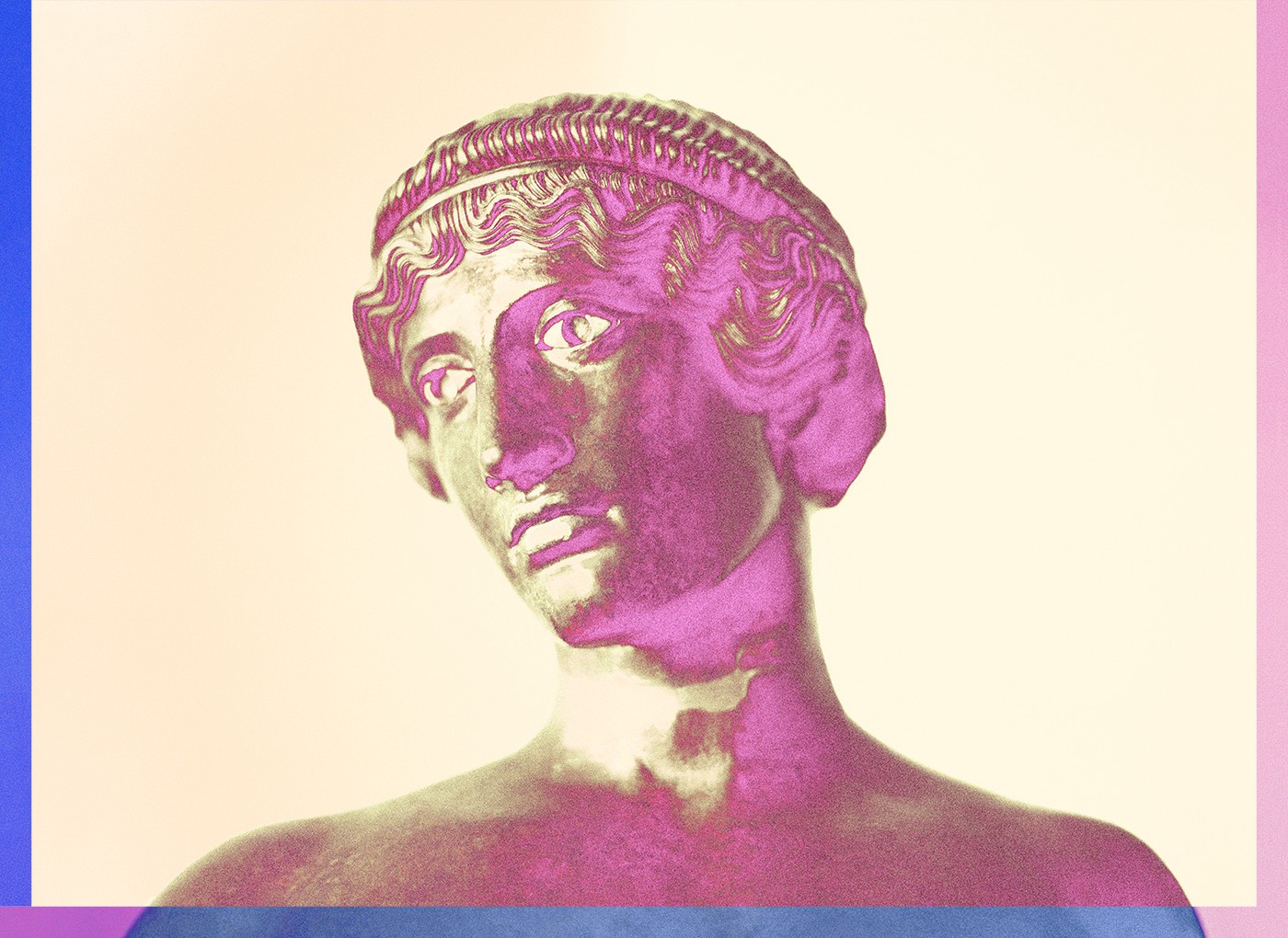1275 Minnesota St /
Altman Siegel
Altman Siegel is pleased to present Roman Women, Sara VanDerBeek’s third solo exhibition with the gallery.
Sara VanDerBeek’s photographs and sculptures address antiquity and our present moment in equal measure. Beginning in 2012 with a residency at the Fondazione Memmo in Rome, VanDerBeek has intermittently taken classical Roman statuary as her photographic subject and starting point. Returning to the subject repeatedly over the past seven years by documenting museum collections across the United States and Europe, VanDerBeek has amassed a substantial body of images focused on the classical female form. The selection of these works presented here invites the viewer to contemplate the changing means and meaning of image circulation over time, and the shifting discourse in which those images are embedded.
Though the ubiquity of white marble as the materiality of both classical and neoclassical sculpture has produced an entrenched cultural association that tells us classical equals colorless, recent art historical research suggests that much of the Roman statuary originally unearthed during the Renaissance was once richly colored and embellished. VanDerBeek references and conjures this largely lost polychromy with the vibrant coloration of her photographs. Saturated hues of fuchsia, violet, peach, lavender, lapis, sky blue, and yellow refer back to the proto-digital creation of these sculptural forms, while simultaneously referencing the present through the distinctly digital, synthetic quality of the colors. This multiplicity of meaning invites a meditation on the ways that images change both materially and culturally over time.
Yet, neither physical nor theoretical change can occur without the initial and ongoing circulation of visual forms. Throughout the exhibition, doubling and repetition refer to this process. The speed and ease with which images and ideas spread in the digital age is indebted and inherent to the reproducibility of photography. However, alternative means and media were used prior to the development of the medium. For instance, Roman statues of the sort depicted in VanDerBeek’s images were themselves reproductions of Greek statues made 500 years earlier. These copies were then reproduced en masse and used by the Roman state as a form of visual propaganda that was disseminated across the Roman empire, depicting and defining what we have come to understand as the ideal classical female form. In pointing to this process, VanDerBeek’s work collapses the distinction between sculpture and photography, understanding each as potentially reproducible, political, and diffuse.
The work also highlights the symbolism that has both encumbered and elevated the female form since its earliest iterations. Women’s bodies have never only been their own. Formed within and of a matrix of cultural meanings that defines them as an ideal, a site of ideation, and a mirror for society at large, female figures are innately fragmentary. In the history of art, they have most often been defined as muse rather than maker, a reality that VanDerBeek has become increasingly interested in countering as she has photographed numerous museum collections across the globe. The photographs and sculptures in Roman Women acknowledge and push against these precedents by proposing a new visual language indebted to a lineage of female practitioners.
Working with the frontality of the original Roman objects, VanDerBeek’s sculptures propose new perspectives by superimposing images onto rectilinear and round forms, merging the flat with the three-dimensional. The resultant sculptures provide only partial views of the original, as the images are fragmented and broken up by the shape underneath. The works point to the particular view provided by any given photograph, the impossibility of knowing the truth of the original object or scene depicted, and the multiple and splintered meanings that are often projected onto the female form.
Sara VanDerBeek (born 1976) lives and works in New York. VanDerBeek’s work has been the subject of solo exhibitions at the Minneapolis Institute of Art; the Baltimore Museum of Art; Museum Boijmans van Beuningen, Rotterdam; the Museum of Contemporary Art, Cleveland; the Hammer Museum, Los Angeles; the Whitney Museum, New York; Fondazione Memmo, Rome; Metro Pictures, New York; and the Approach, London. Recent group exhibitions include the Zabludowicz Collection, London; The Institute of Contemporary Art, Boston; Pier 24 Photography, San Francisco; Sprüth Magers, Berlin; Gagosian Gallery, Rome; Kunsthalle Berlin; and the Solomon R. Guggenheim Museum, New York.
